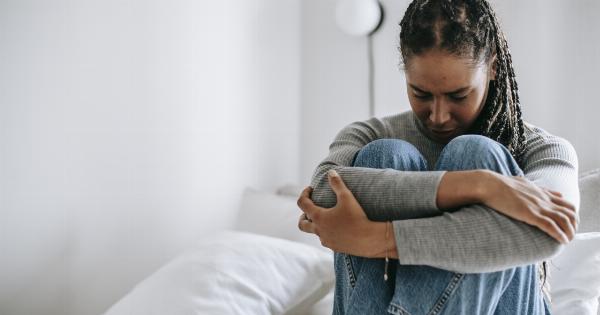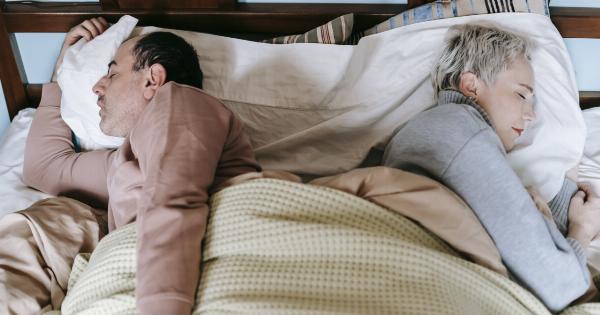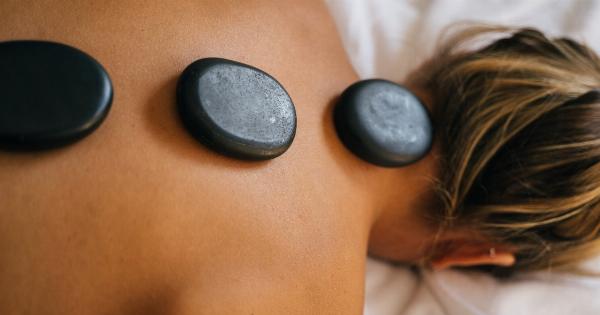Middle back pain is a common complaint among adults, and it can be caused by a variety of factors. From poor posture to underlying medical conditions, getting to the root of your pain is essential to finding relief.
In this article, we’ll take a closer look at everything you need to know about middle back pain, including common causes, symptoms, and treatment options.
Causes of Middle Back Pain
Middle back pain can be caused by a variety of factors, including:.
- Poor Posture – Sitting or standing for long hours with poor posture can put undue strain on your middle back muscles resulting in pain.
- Muscles Strain – Overuse or sudden movements can strain the muscles in your middle back and lead to pain.
- Spinal Stenosis – When the space within the spinal cord narrows, pressure is put on nerves, and this can result in pain in the middle back.
- Herniated Disc – A herniated disc in the middle back can be a source of pain due to the pressure it exerts on surrounding nerves.
- Scoliosis – A sideways curvature of the spine can result in middle back pain.
- Osteoarthritis and Rheumatoid Arthritis – Arthritis can cause inflammation and erosion of joints and tissues leading to middle back pain.
- Compression Fracture – A compression fracture of the spine can occur due to osteoporosis or weakening of the bones and cause pain in the middle back.
- Myofascial Pain Syndrome – MPS is a chronic pain condition that causes knots in the muscle fibers leading to discomfort in the middle back.
Symptoms of Middle Back Pain
The symptoms of middle back pain depend on the underlying cause, but common symptoms include:.
- Dull, Achy Pain – This may be intermittent or constant and can be severe in some cases.
- Tightness or Stiffness – These symptoms usually occur when you wake up in the morning or after sitting or standing for long periods.
- Numbness or Tingling – This is a sign that nerves are being compressed, and it is a common symptom of herniated discs or spinal stenosis.
- Loss of Range of Motion – You may find it difficult to move your middle back, and this can be due to muscle strains, arthritis, or herniated discs.
- Difficulty Breathing – When middle back pain is severe, it can affect your respiratory system and make it difficult to breathe.
- Weakness or Fatigue – Prolonged middle back pain can cause fatigue and weakness in your muscles due to lack of use.
Treatment Options for Middle Back Pain
The treatment options for middle back pain depend on the underlying cause of the pain. Some common treatment options include:.
- Physical Therapy – This can help improve range of motion, increase strength, and reduce pain.
- Medications – Over-the-counter pain relievers like acetaminophen or ibuprofen can help reduce pain and inflammation. For severe pain, a doctor may prescribe prescription medication.
- Injections – Epidural steroid injections or facet joint injections may be used to reduce inflammation and provide relief for compressed nerves.
- Surgery – In some cases, surgery may be necessary to correct underlying conditions like herniated discs or spinal stenosis.
- Chiropractic Care – Chiropractors use spinal adjustments and other techniques to alleviate pain and improve range of motion.
- Massage Therapy – Massage therapy can be useful in relaxing stiff or tight muscles, improving circulation and providing pain relief.
- Acupuncture – Acupuncture involves inserting thin needles into specific points in the body to stimulate healing and reduce pain.
Preventing Middle Back Pain
The best way to prevent middle back pain is to take care of your spine and overall health. Here are some tips for preventing middle back pain:.





















